Before we can appreciate innovative ways to reuse and recycle waste oil, we have to understand the damage it can cause to not only the environment, but to ourselves and our health. One litre of used oil can contaminate one million litres of water. That is enough water to fill half an Olympic sized swimming pool. Government understands that mismanagement of used oil waste streams can have a significant negative impact on the environment and the economy and they have therefore put measures in place to ensure control and compliance.
It is the responsibility of a used oil generator to track the waste oil from Cradle to Grave. In other words, from the source of where the used oil is generated until it is either treated or disposed of and is no longer hazardous.
BME moves past the concept of complying with regulations and achieving minimum requirements. Used Oil collected by BME is not taken through the cradle to grave process, instead we collect the waste oil at the cradle or source of generation and then we process it and create a new raw material used in the manufacture of cold emulsions. The BME Used Oil Department has put strict measures in place in order to manage the transportation, storage and processing of the used oil waste stream. Thereby ensuring supply of a raw material free of contaminants and pollutants and contributing towards a high quality end product.
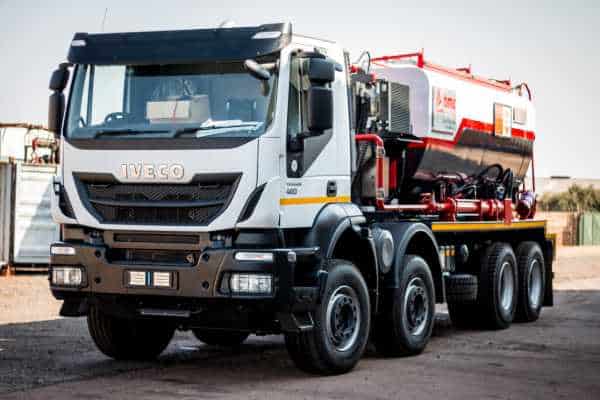
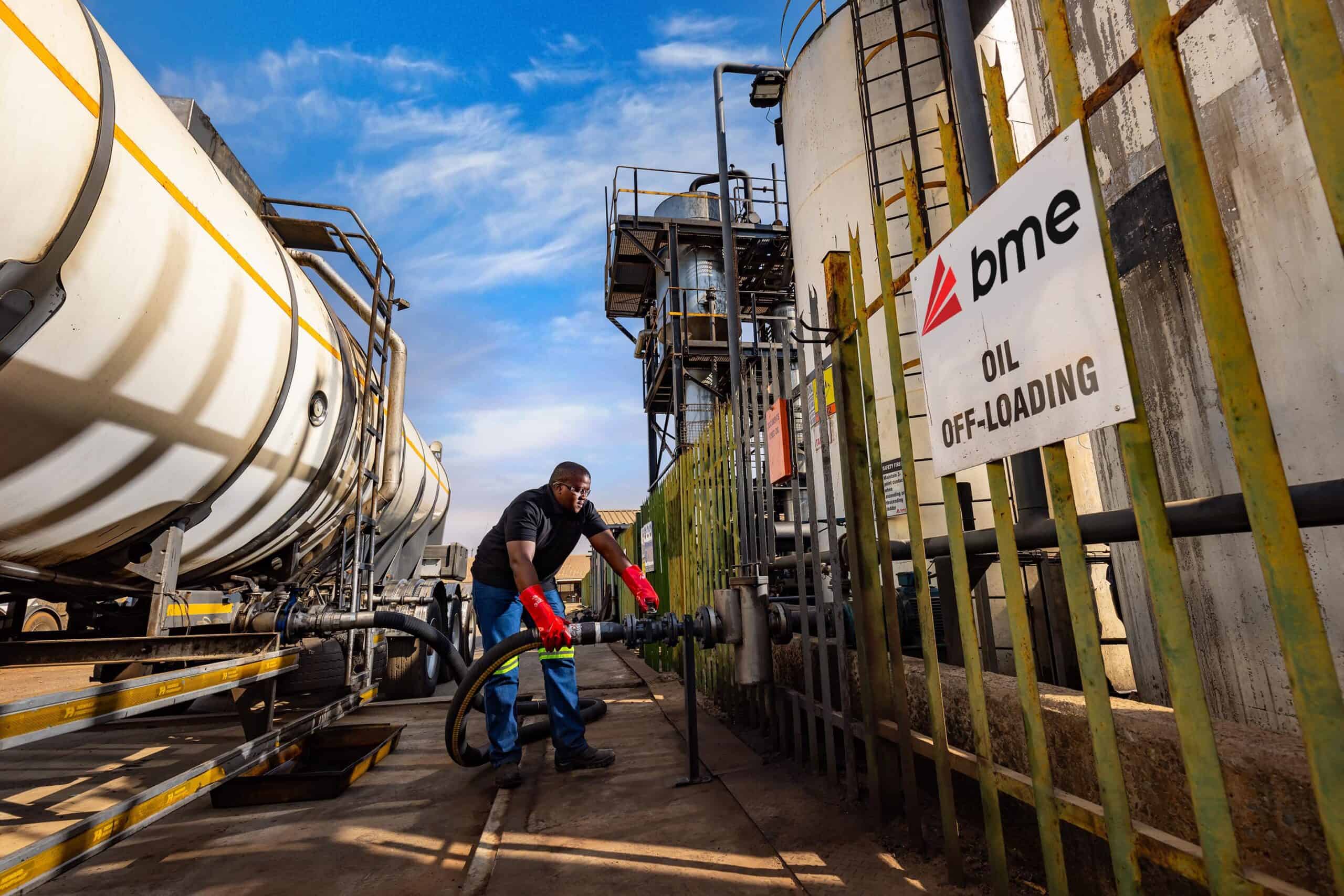
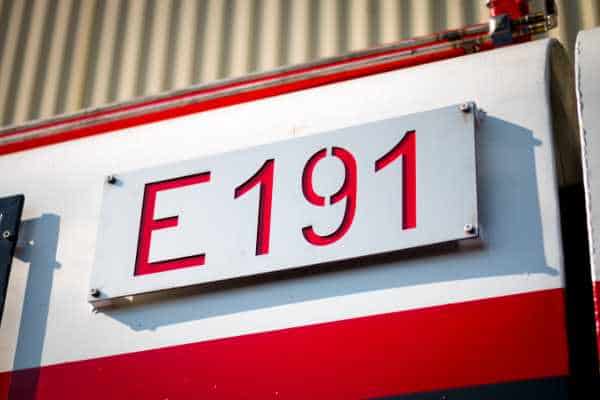
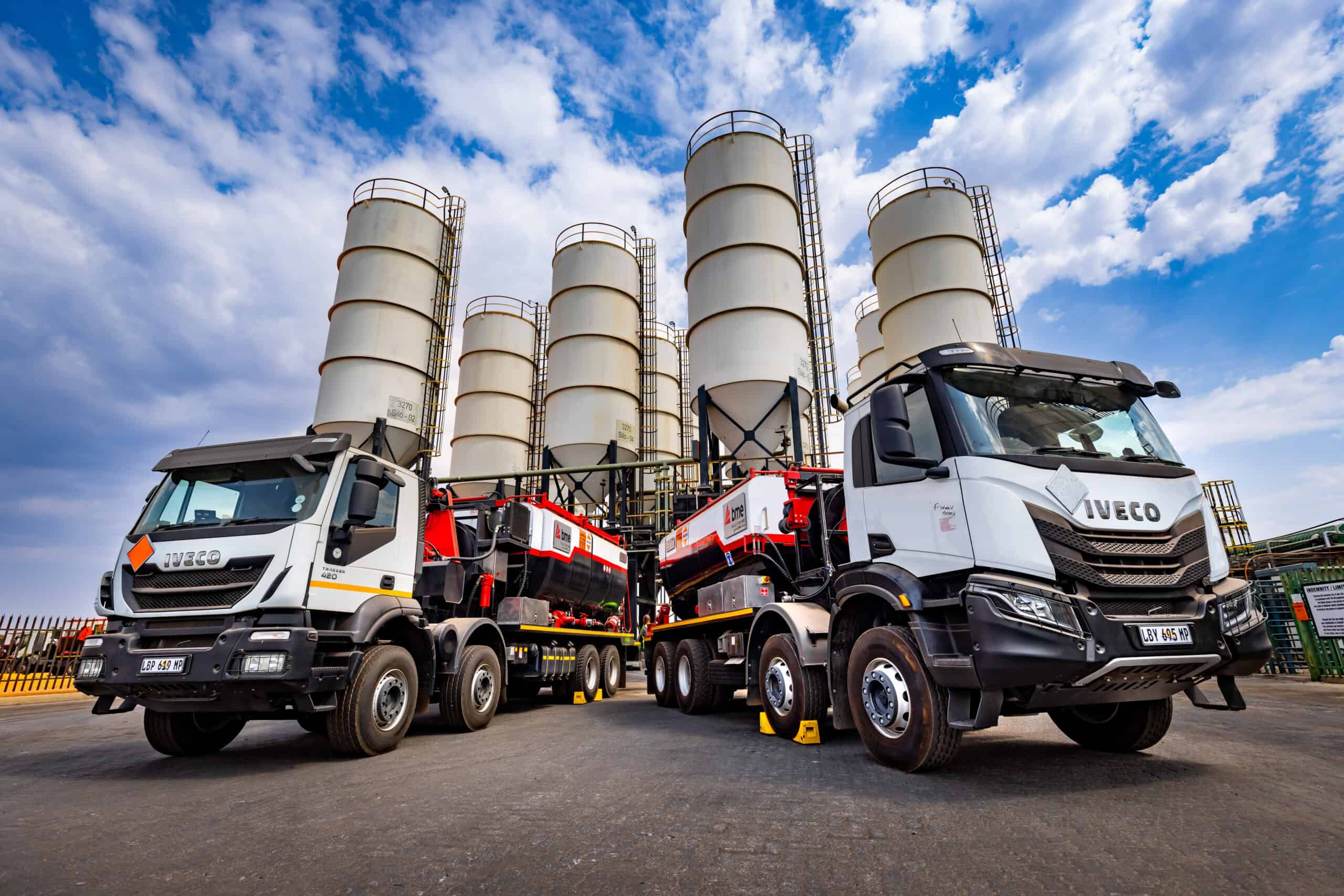
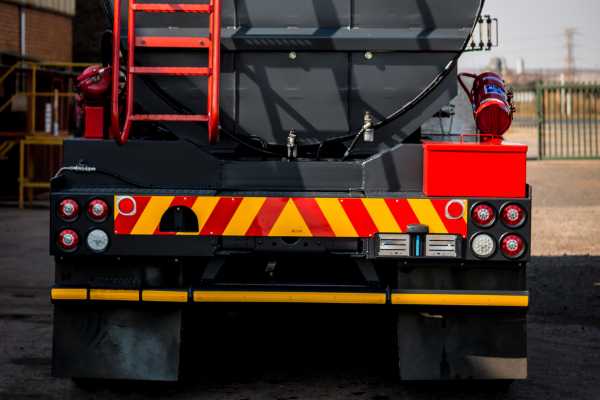
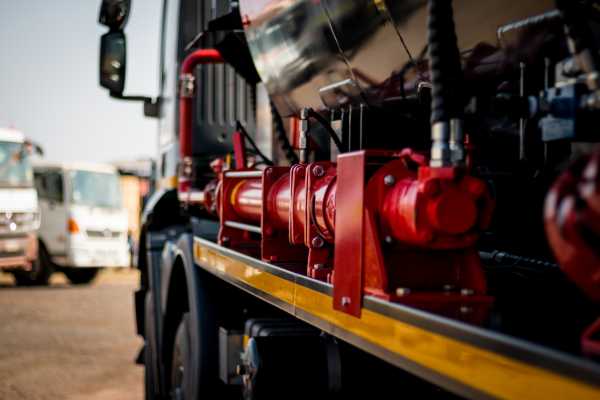
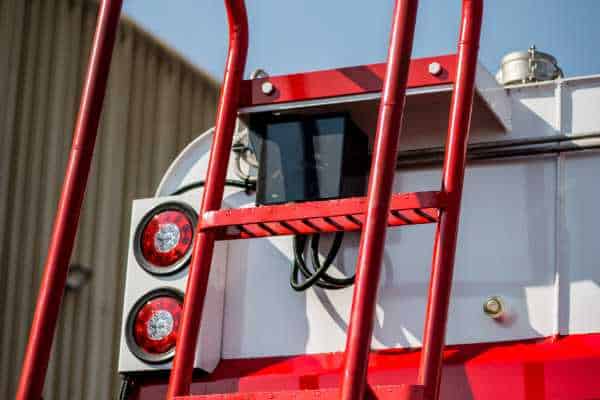
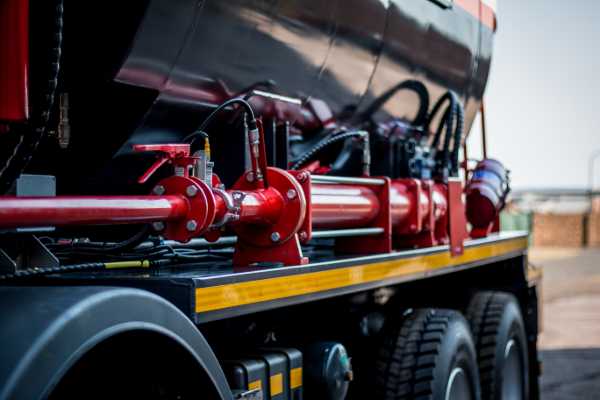
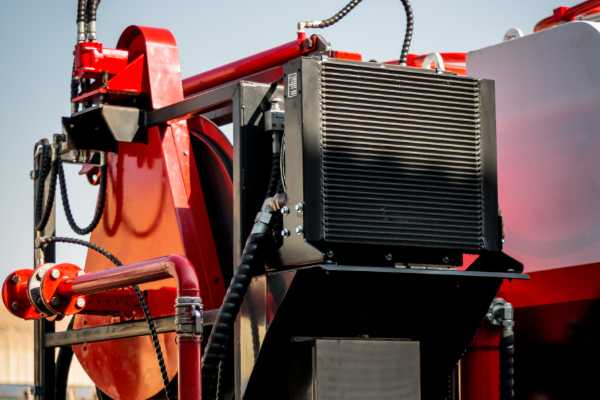
The following information needs to be submitted quarterly:
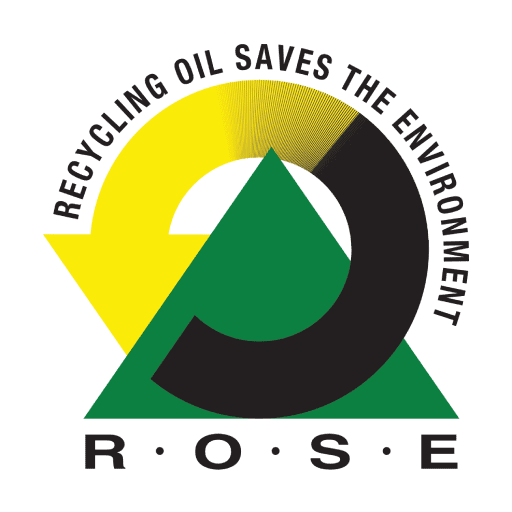
All this information needs to be kept for 5 years and must be made available for inspection by government on request
FAILURE TO COMPLY COULD LEAD TO IMPRISONMENT NOT EXCEEDING 15 YEARS.
ALTERNATIVELY, YOU CAN FACE AN APPROPRIATE FINE
For more information visit: